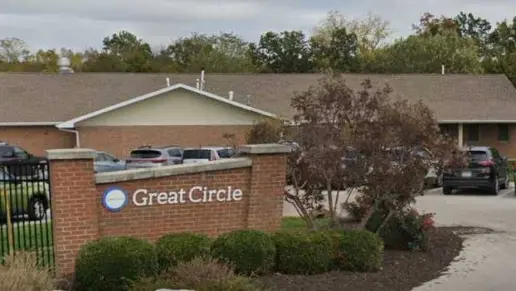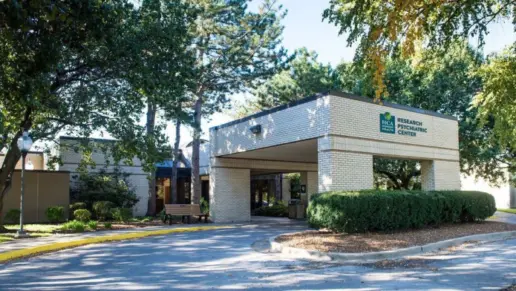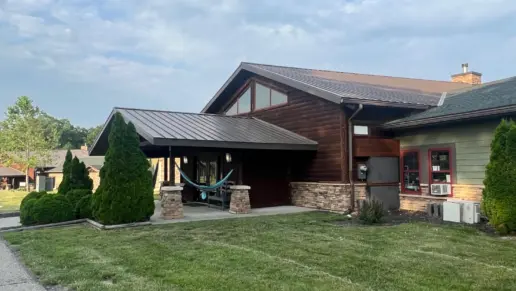Everyone knows that treatments against addictions needs to be treated with a lot of patience but that is exactly what Ozark Center lacks of, they just want to finish their shifts no matter how the patients are doing.
About Ozark Center – New Directions
Ozark Center’s New Directions is a behavioral health provider in Joplin, Missouri. They provide treatment for substance use disorders and co-occurring mental health illnesses, including those that develop after trauma and or abuse. In addition to these services, they also provide a comprehensive level of care for children, adolescents, adults and seniors. They have a special program designed for veterans that includes addressing their unique substance use disorder treatment.
The addiction treatment and support networks are provided through an umbrella of interrelated components that include anger management programs, recovery support and substance use treatment. In the residential program, you are provided with a highly structured environment with 24/7 supervision and care directed by a customized plan. Your personalized plan is developed after a comprehensive assessment and evaluation.
They work closely with the criminal justice system, including providing drug court services such as group counseling, drug testing and regular appearances before the drug court judge. The substance abuse treatment program utilizes a whole family approach, recognizing that addiction affects everyone in your family. They offer medication-assisted treatment for opioid use disorders to reduce withdrawal symptoms and reduce cravings during ongoing treatment.
The Substance Awareness Traffic Offenders program is for people who have been arrested for alcohol and drug-related driving offenses. The state-certified program includes several options depending on whether you’re a first-time offender, under the age of 21 or the court determines you need a more intensive outpatient counseling program. Walk-in assessments are available Monday through Friday when you are ready to get help.
Rehab Score
Gallery
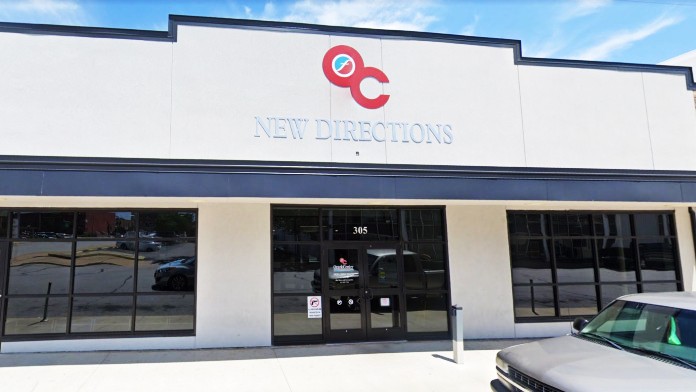
Location
Accepted Insurance
Other Forms of Payment
Medicaid is a state based program that helps lower-income individuals and families pay for healthcare. Medicaid covers addiction treatment so those enrolled can use their coverage to pay for rehab. When a program accepts Medicaid the client often pays very little or nothing out of their own pocket.
Private insurance refers to any kind of healthcare coverage that isn't from the state or federal government. This includes individual and family plans offered by an employer or purchased from the Insurance Marketplace. Every plan will have different requirements and out of pocket costs so be sure to get the full details before you start treatment.
Self-pay involves paying for treatment out of your own pocket. You can use savings or credit, get a personal loan, or receive help from family and friends to fund your treatment. If you don't have insurance or your insurance plan doesn't cover a specific program, self-pay can help ensure you still get the care you need.
Sliding scale payments are based on a client's income and family size. The goal is to make treatment affordable to everyone. By taking these factors into account, addiction recovery care providers help ensure that your treatment does not become a financial burden to you or your family, eliminating one barrier to care.
Military members, veterans, and eligible dependents have access to specific insurance programs that help them get the care they need. TRICARE and VA insurance can help you access low cost or no cost addiction and mental health treatment. Programs that accept military insurance often have targeted treatment focused on the unique challenges military members, veterans, and their families face.
Financial aid can take many forms. Centers may have grants or scholarships available to clients who meet eligibility requirements. Programs that receive SAMHSA grants may have financial aid available for those who need treatment as well. Grants and scholarships can help you pai for treatment without having to repay.
Addiction Treatments
Levels of Care
Treatments
The goal of treatment for alcoholism is abstinence. Those with poor social support, poor motivation, or psychiatric disorders tend to relapse within a few years of treatment. For these people, success is measured by longer periods of abstinence, reduced use of alcohol, better health, and improved social functioning. Recovery and Maintenance are usually based on 12 step programs and AA meetings.
Drug rehab in Missouri usually involves several phases: detox, rehab, and aftercare. The rehab phase may include a combination of inpatient and outpatient treatments, as the individual moves through a continuum of care on their recovery journey.
Opioid rehabs specialize in supporting those recovering from opioid addiction. They treat those suffering from addiction to illegal opioids like heroin, as well as prescription drugs like oxycodone. These centers typically combine both physical as well as mental and emotional support to help stop addiction. Physical support often includes medical detox and subsequent medical support (including medication), and mental support includes in-depth therapy to address the underlying causes of addiction.
Substance rehabs focus on helping individuals recover from substance abuse, including alcohol and drug addiction (both illegal and prescription drugs). They often include the opportunity to engage in both individual as well as group therapy.
Programs


Clinical Services
Substance use afflicts not only the addicted person, but has disruptive and devastating effects upon family members. The family suffers symptoms like the addicted individual, such as denial, guilt, anxiety and alienation. It is crucial to the addict's recovery that the family's needs be addressed while the individual is treated. Family treatment services include therapy, education, support groups, co-dependency counseling and group counseling.
Group therapy is any therapeutic work that happens in a group (not one-on-one). There are a number of different group therapy modalities, including support groups, experiential therapy, psycho-education, and more. Group therapy involves treatment as well as processing interaction between group members.
In individual therapy, a patient meets one-on-one with a trained psychologist or counselor. Therapy is a pivotal part of effective substance abuse treatment, as it often covers root causes of addiction, including challenges faced by the patient in their social, family, and work/school life.
Amenities
-
Private Rooms
Staff & Accreditations
Staff
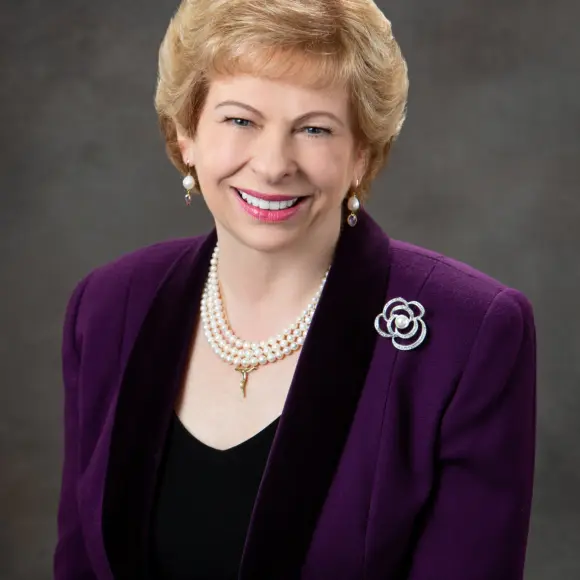
President & CEO
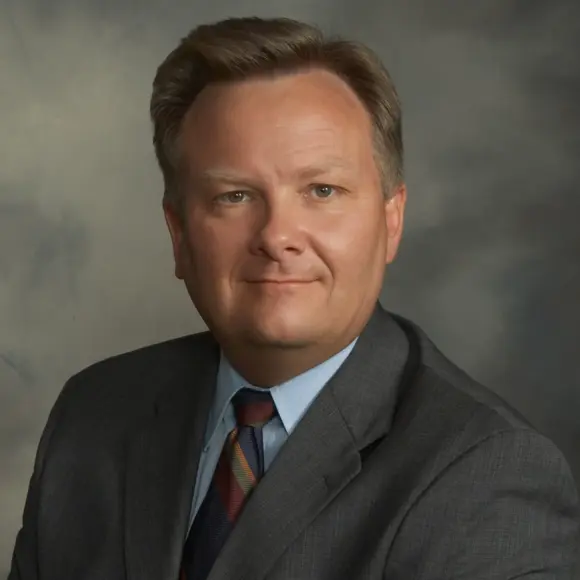
CFO
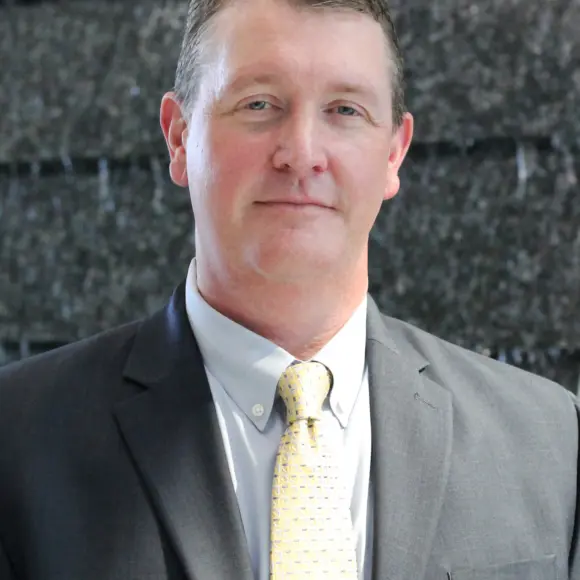
Chief Clinical Officer

Chief Nursing Officer
Accreditations

The Commission on Accreditation of Rehabilitation Facilities (CARF) is a non-profit organization that specifically accredits rehab organizations. Founded in 1966, CARF's, mission is to help service providers like rehab facilities maintain high standards of care.
CARF Accreditation: Yes
Contact Information
305 Virginia Street
Joplin, MO 64801





